Keywords: First Nations
There are more than 200 results, only the first 200 are displayed here.
-
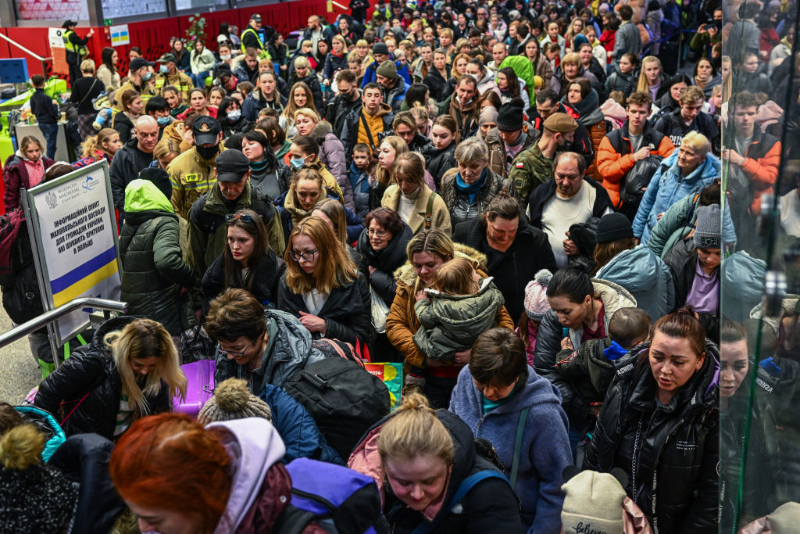
AUSTRALIA
- Binoy Kampmark
- 21 March 2022
12 Comments
While Australia has developed into a multi-ethnic, cosmopolitan state based on immigration and humanitarian intakes, the country has never gotten away from the sense that some are simply more welcome than others. Be they migrants, refugees, or asylum seekers, preferential treatment abounds.
READ MORE 
-
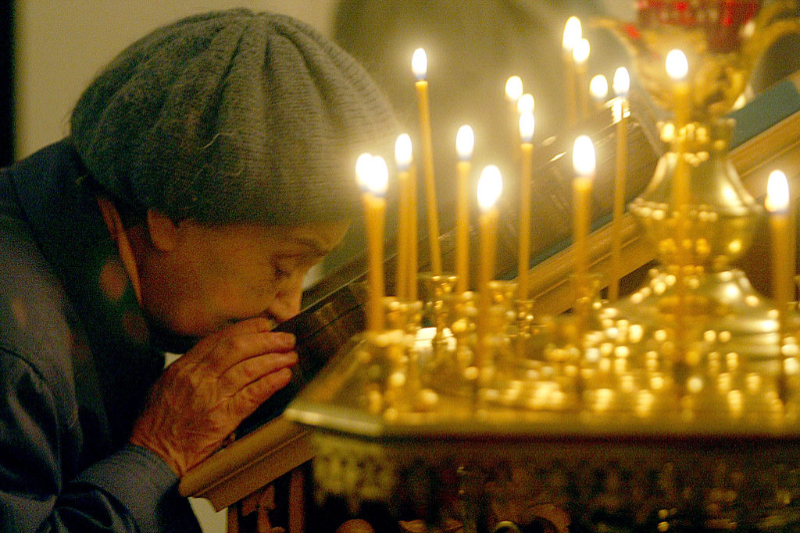
INTERNATIONAL
- Andrew Hamilton
- 17 March 2022
12 Comments
Taken together the events of recent years suggest that we face a crisis, a time in which the working assumptions that have guided our personal and collective lives no longer hold. If we do not change we face increasing threats to the world that we shall hand on to our children.
READ MORE 
-
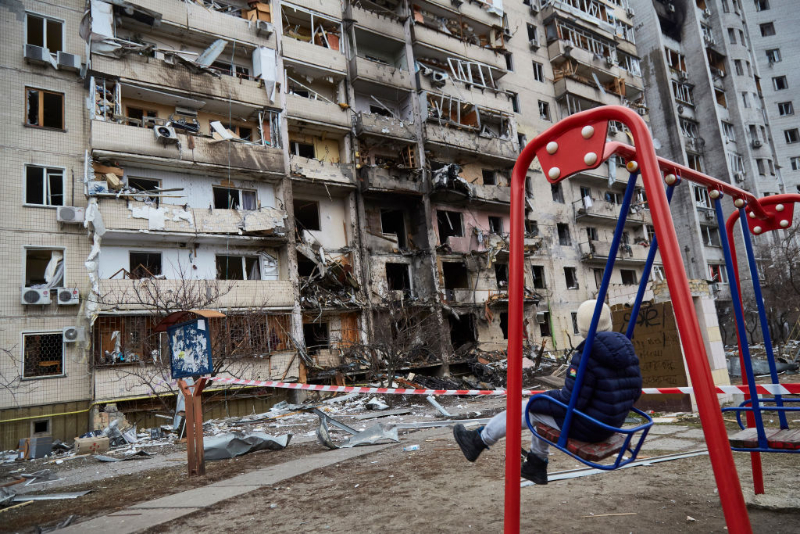
INTERNATIONAL
- Andrew Hamilton
- 08 March 2022
19 Comments
In the face of the horrors of invasion it is natural to be fascinated by the destructiveness of war and to immerse ourselves in military and political strategies. It is also natural to feel helpless and angry at the destruction of human lives, of cities and freedoms, and from a distance to barrack for one side and against the other. We attribute blame and praise, weigh causes and justifications, and divide the world into friends and enemies.
READ MORE 
-
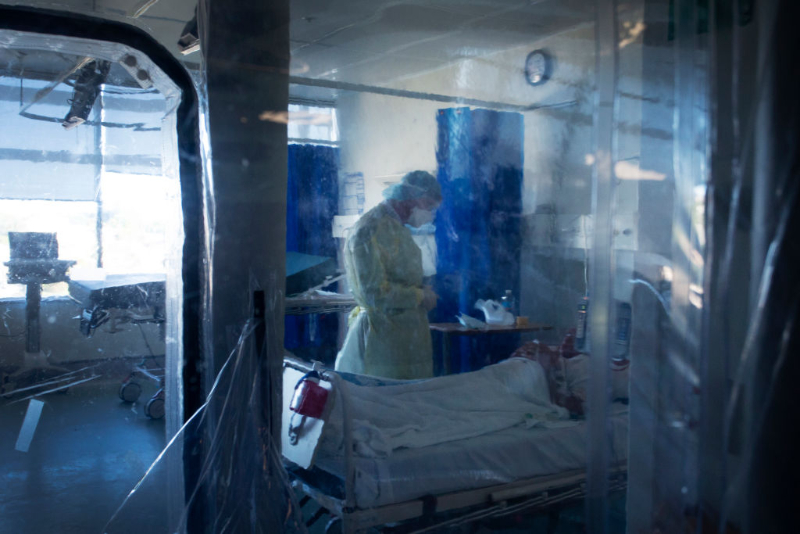
AUSTRALIA
- Justin Glyn
- 27 January 2022
12 Comments
In the early part of the twentieth century, Francis Galton (a cousin of Charles Darwin) used the latter’s work to argue that human breeding stock could be improved. He would weed out the weakest and the less able and produce a sturdier race. Until recently, the crematoria of Hitler’s death camps were enough to remind most that this was not an idea consonant with actual human flourishing.
READ MORE 
-
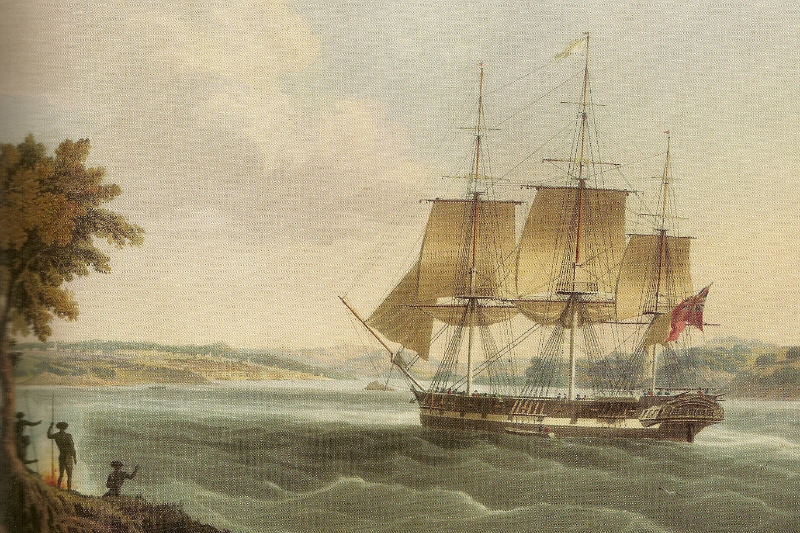
AUSTRALIA
- Andrew Hamilton
- 25 January 2022
24 Comments
In recent years, Australia Day has been a holiday without title. It has been marketed as a day for all Australians, but is held on a date is seen increasingly as the beginning of the dispossession and humiliation of the First Australians. As a result it is generally received as an opportunity to laze around undisturbed by serious thoughts about Australia.
READ MORE 
-
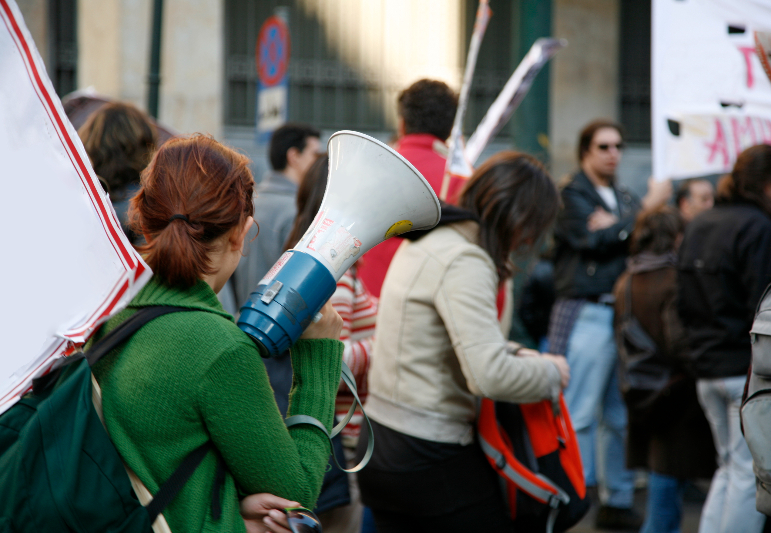
AUSTRALIA
- John Falzon
- 20 January 2022
7 Comments
Social security payments were once seen as a means of preventing poverty, not prescribing it. A job was once seen, at least for some, as being not only the best guarantee against poverty but the path to economic security. Now it seems, however, multiple jobs are required to stave off poverty.
READ MORE 
-
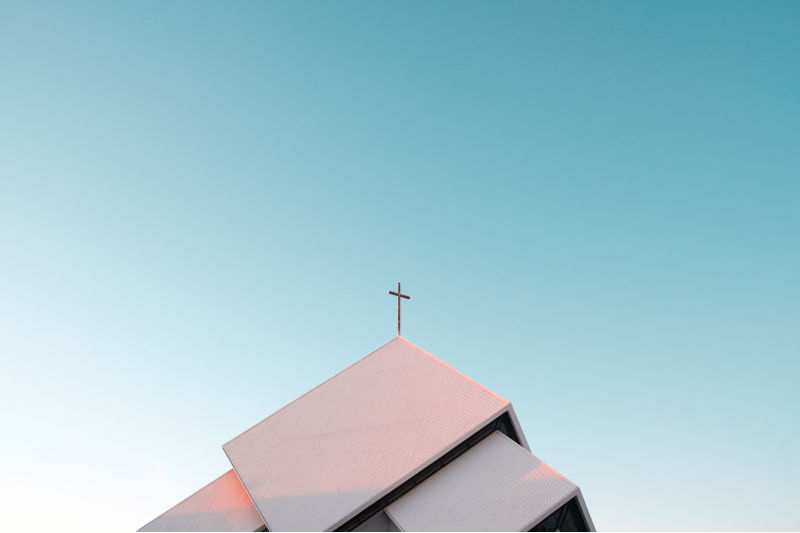
RELIGION
- Andrew Hamilton
- 04 January 2022
12 Comments
The exchanges within churches echo trends in national life that heighten disagreements, lessen respect, and tend to confine conversation circles to people of similar views. People become annoyed if those opposing their views gatecrash their forums. This trend creates problems for Church sponsored publications.
READ MORE
-
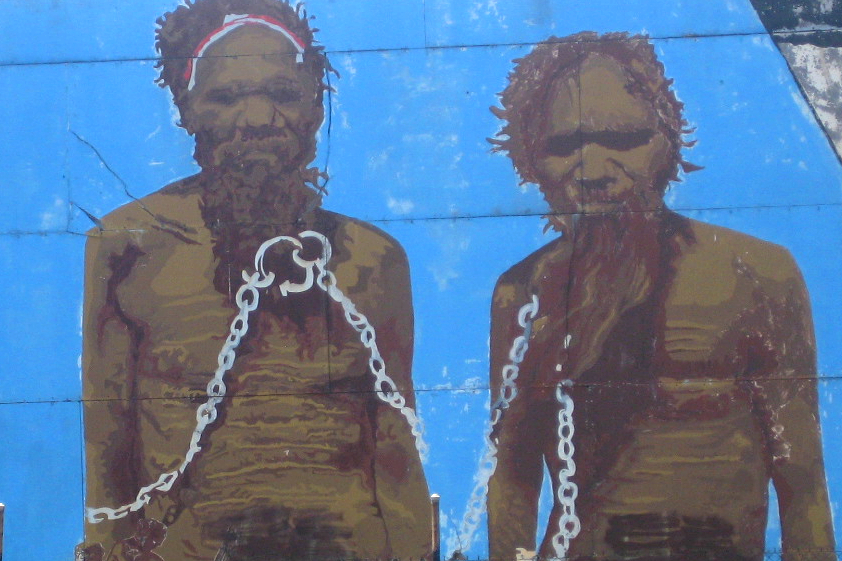
AUSTRALIA
- Brian McCoy
- 14 December 2021
15 Comments
I don’t write to State Premiers very often. However, a month ago I did. It was to the Western Australian Premier, Mark McGowan. It was not about Test cricket, the Juukan Gorge or opening the state’s borders. It was in relation to a photo on the front page of The Australian on the weekend of the 6/7 November showing an Aboriginal man in Western Australia boarding a plane under arrest. He was barefooted and with both a wrist and ankle chain.
READ MORE 
-
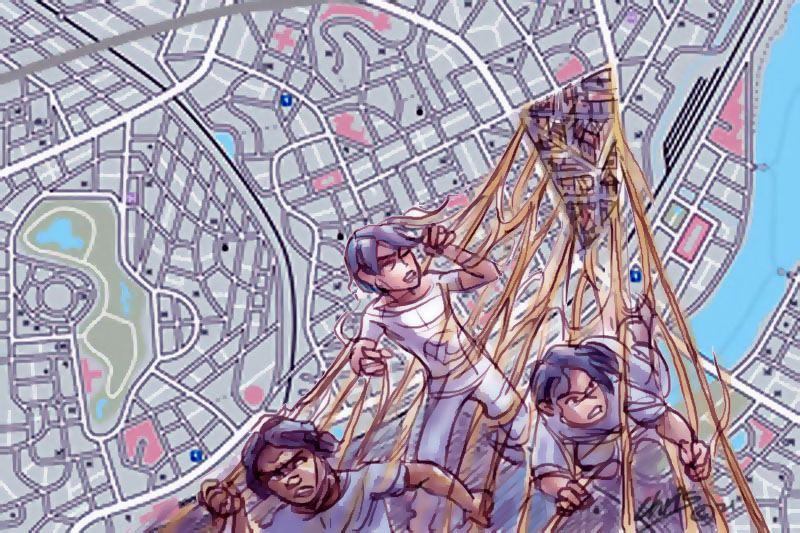
AUSTRALIA
- Ross Homel
- 09 December 2021
2 Comments
A small minority of localities situated outside Greater Brisbane suffer from disproportionately high rates of a wide array of problems including low income, overcrowding, long-term unemployment, particulate matter in the air, no internet, child maltreatment, and youth crime. These different strands of disadvantage pile-up and interlock, countering attempts to break free.
READ MORE 
-
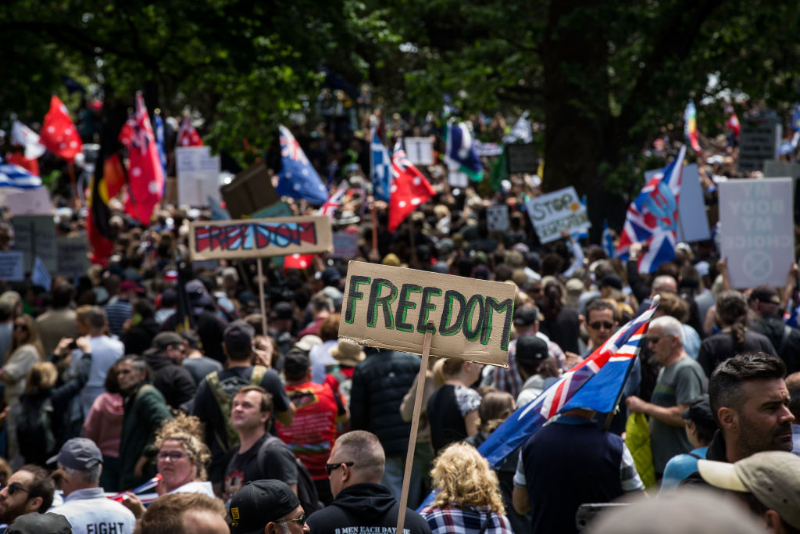
AUSTRALIA
- Andrew Hamilton
- 24 November 2021
31 Comments
There is much discussion about the future of democracy, freedom and other aspects of liberal institutions. Mainly in the United States, under the pressure of a polarised public life. But also to a lesser extent in Australia, in the face of the evasive and authoritarian behaviour of governments and the manifest priority of winning elections over addressing the existential threats of global warming and gross inequality.
READ MORE 
-
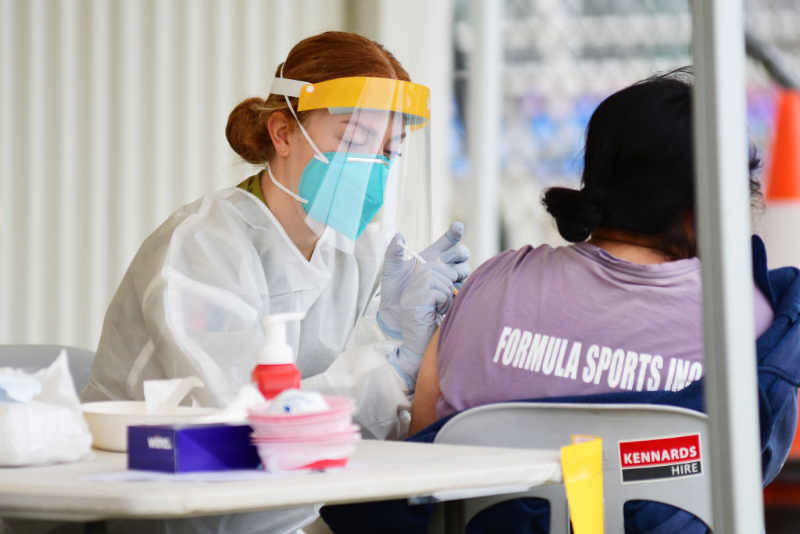
AUSTRALIA
- Brian McCoy
- 22 November 2021
10 Comments
We are now watching the entry of the Delta variant into the Northern Territory and with increasing concern about its possible spread across First Nations communities who vary greatly with their vaccination rates. This question was posed last Friday (19/11) on the ABC’s Coronacast: ‘Why is Indigenous vaccination so patchy?’
READ MORE 
-
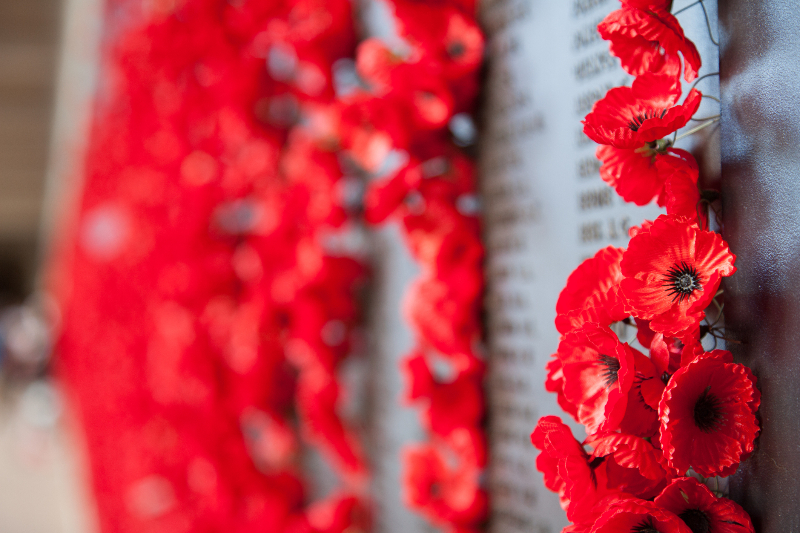
AUSTRALIA
- Andrew Hamilton
- 10 November 2021
13 Comments
Aficionados of United Nations Days and Weeks will know that this is the Week of Science and Peace. In the middle of it, perhaps deliberately and certainly paradoxically, sits Remembrance Day. Initially called Armistice Day, it marked the end of the First World War and of the industrial scale killing involved in it. The events of 1918 and what they might say about the relationship between war and science merit reflection today.
READ MORE 